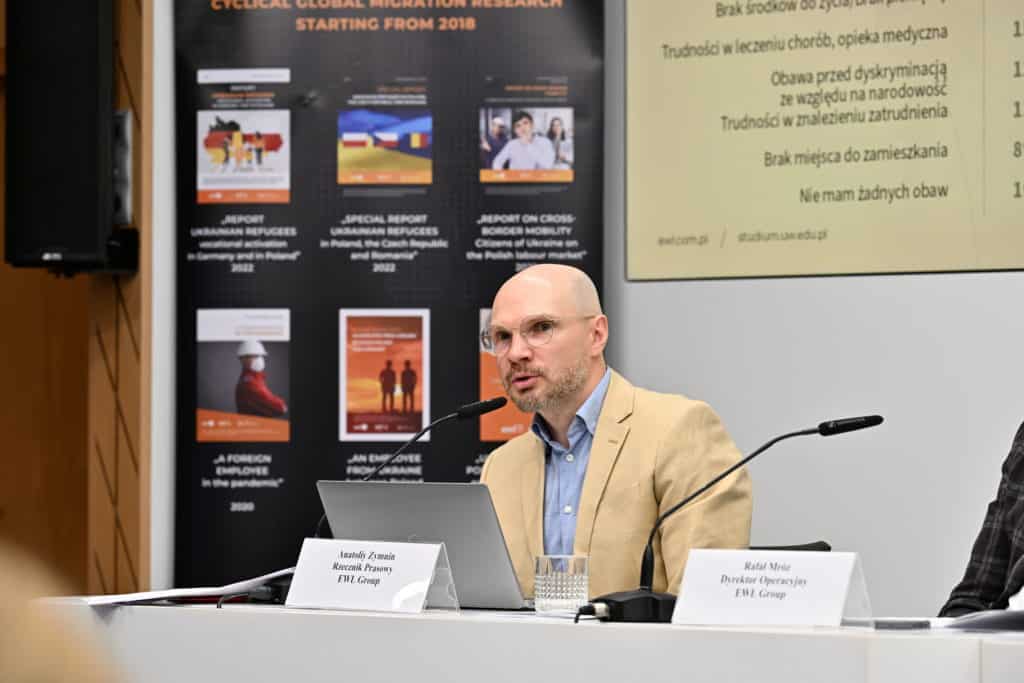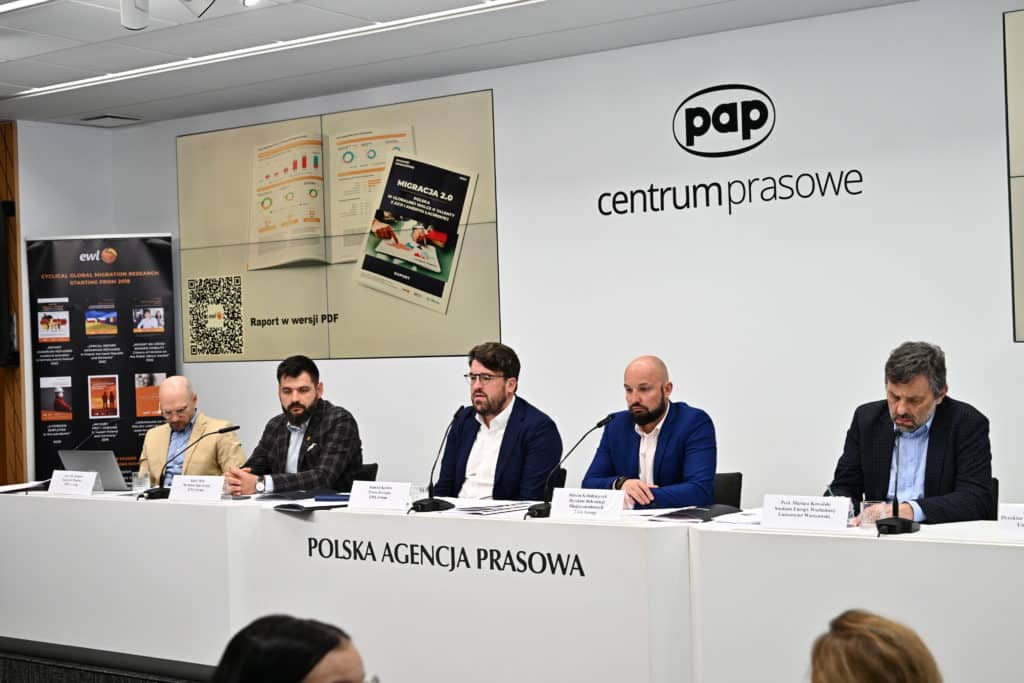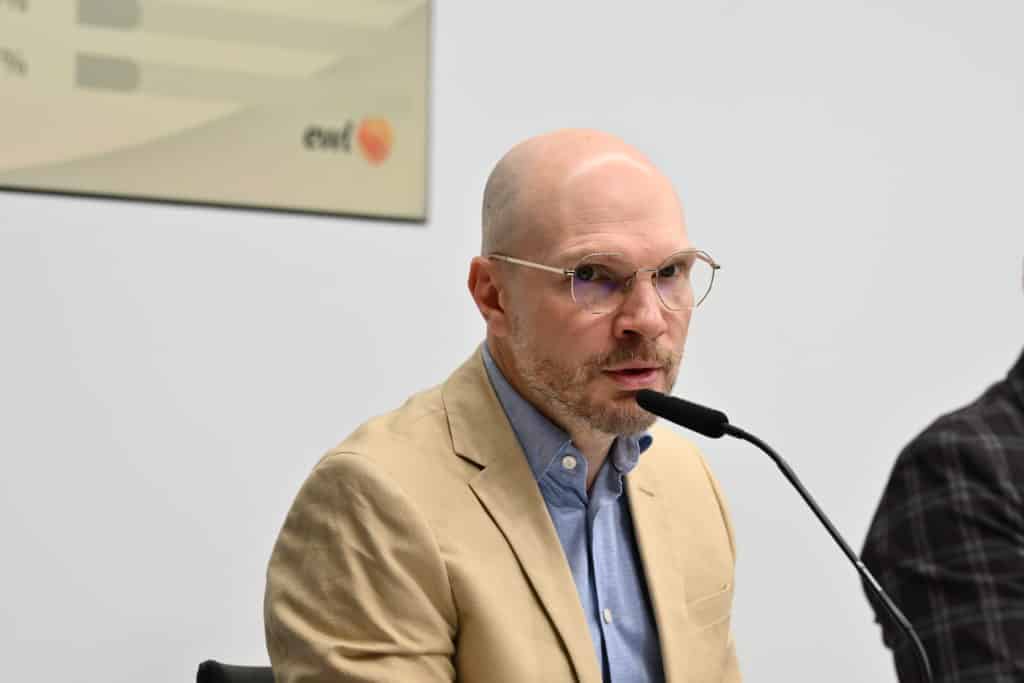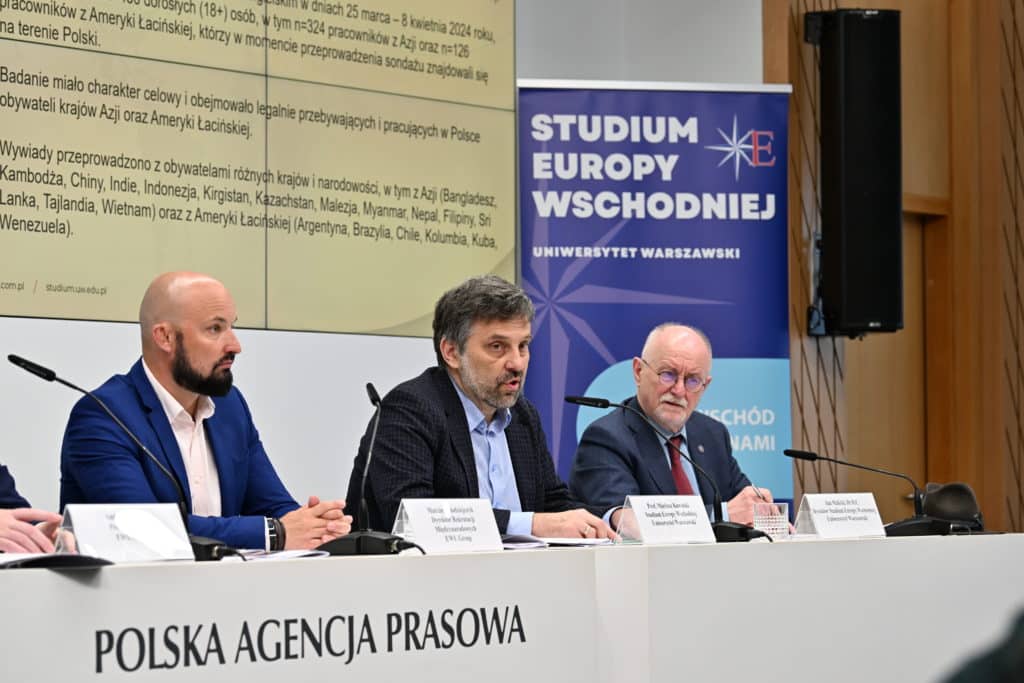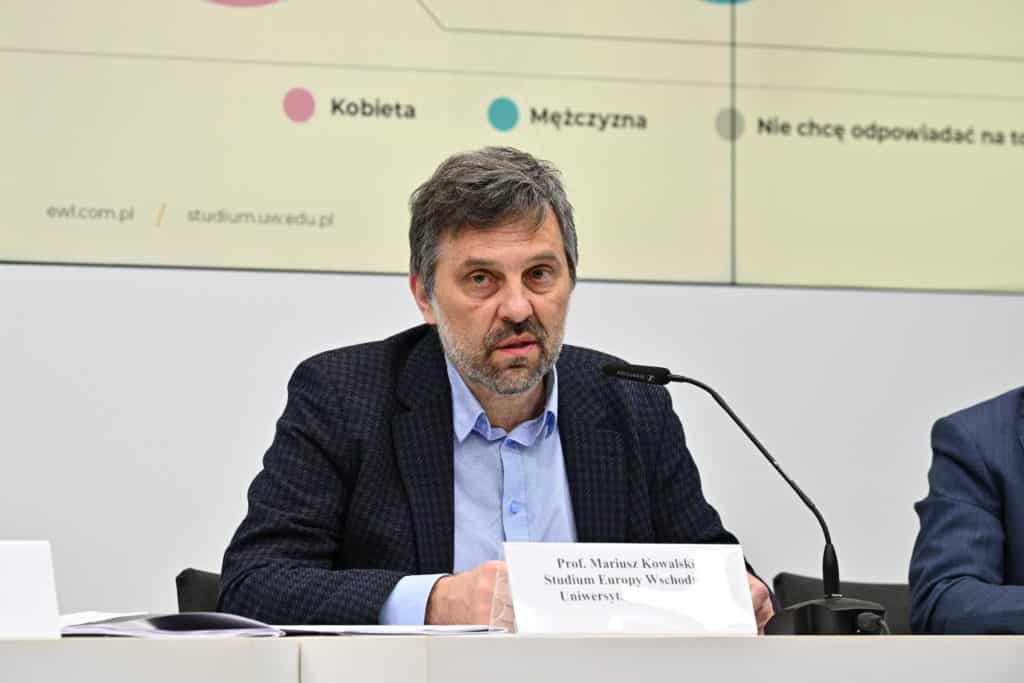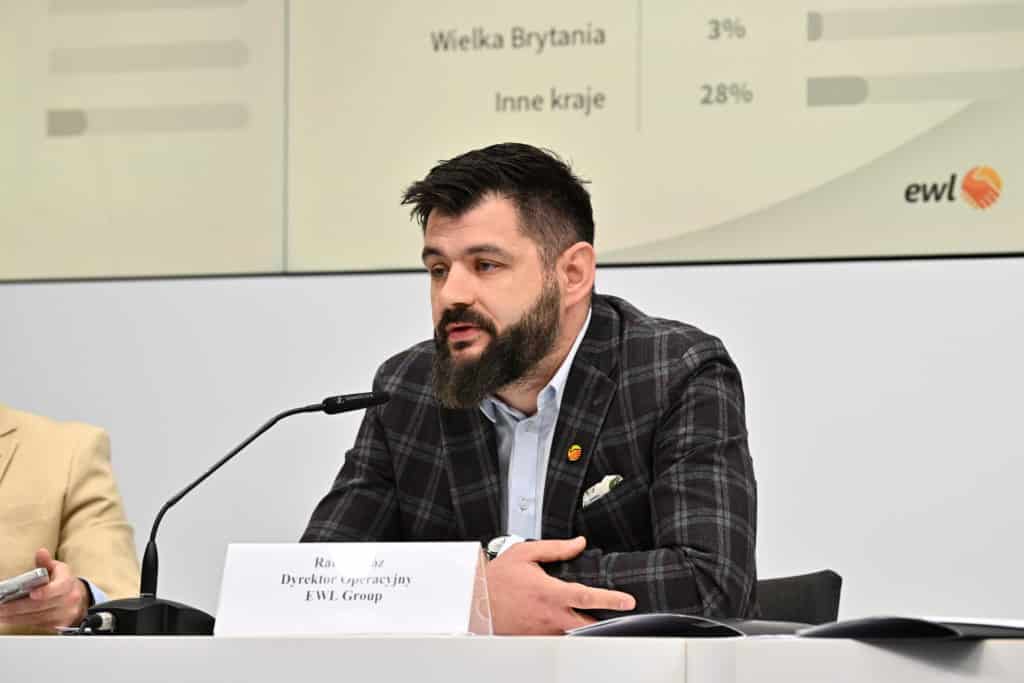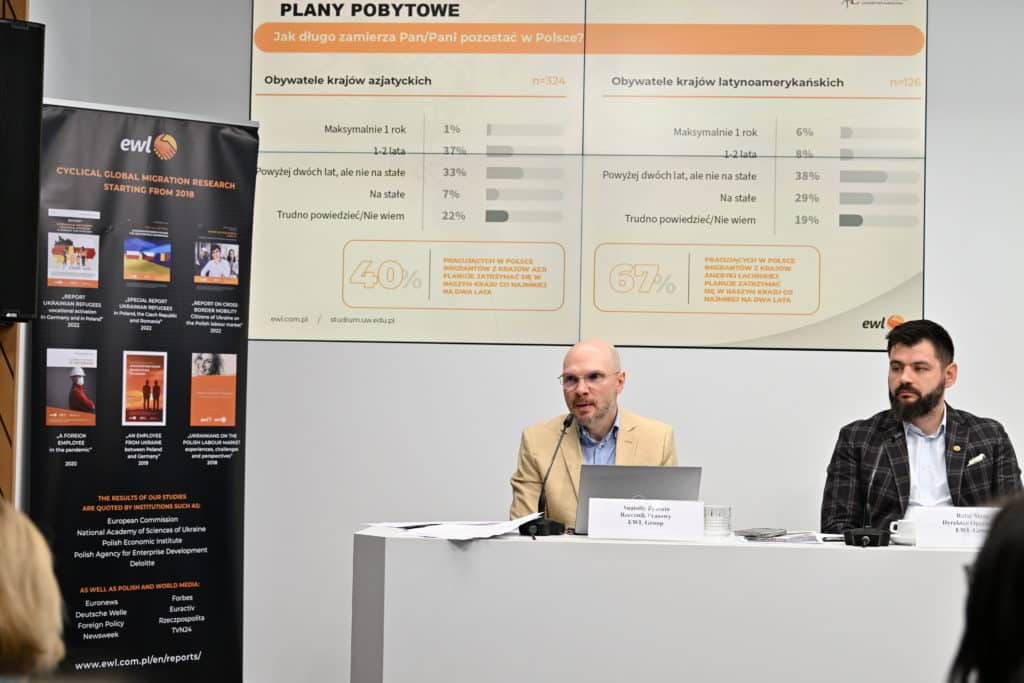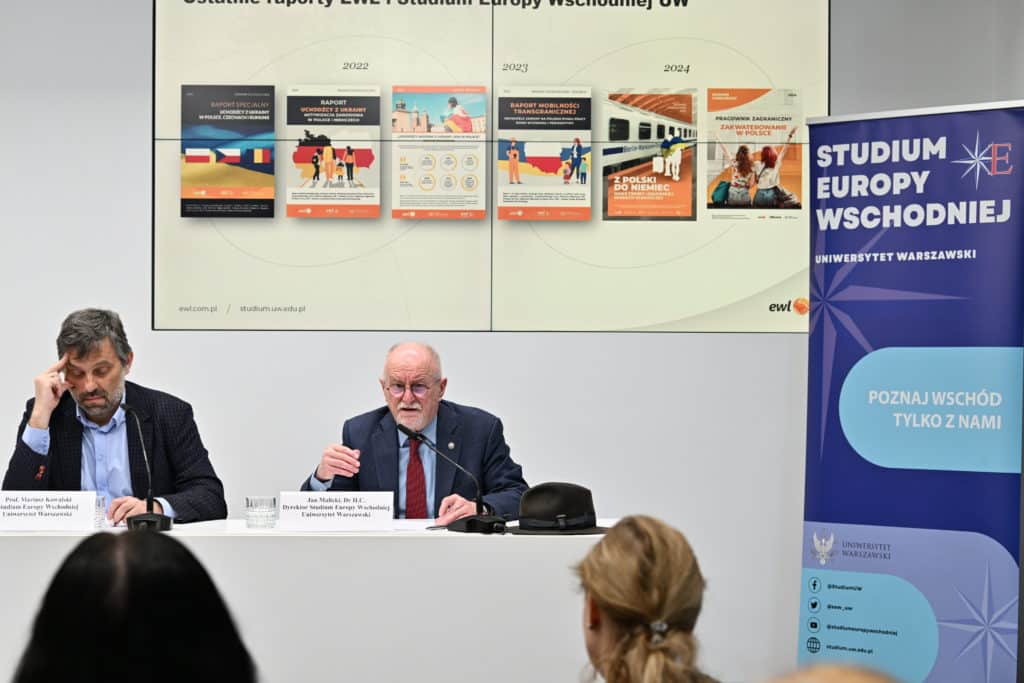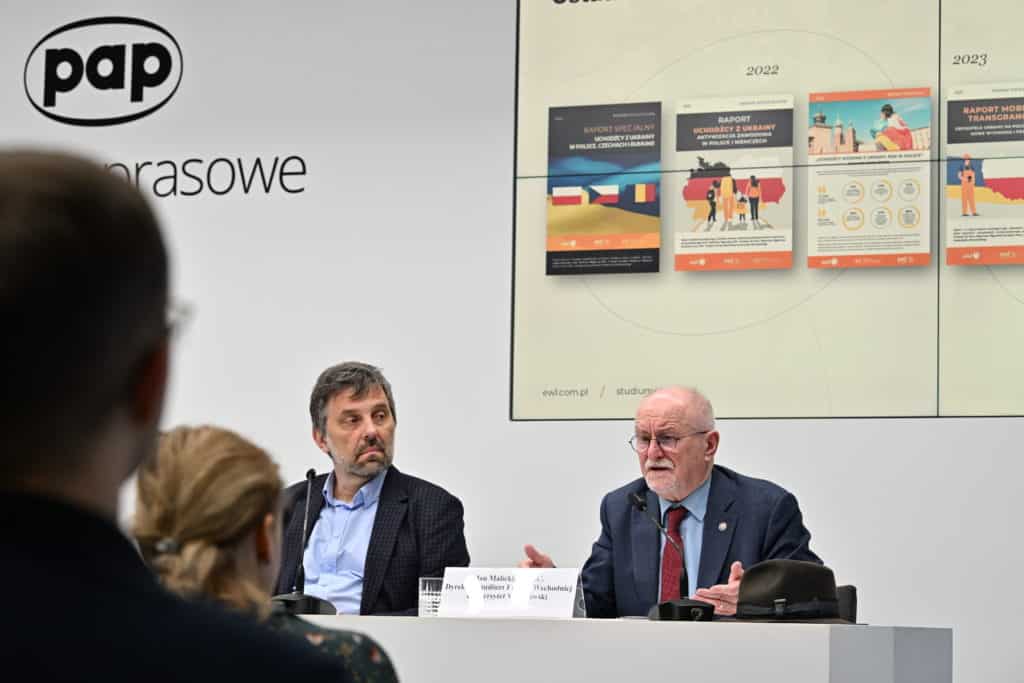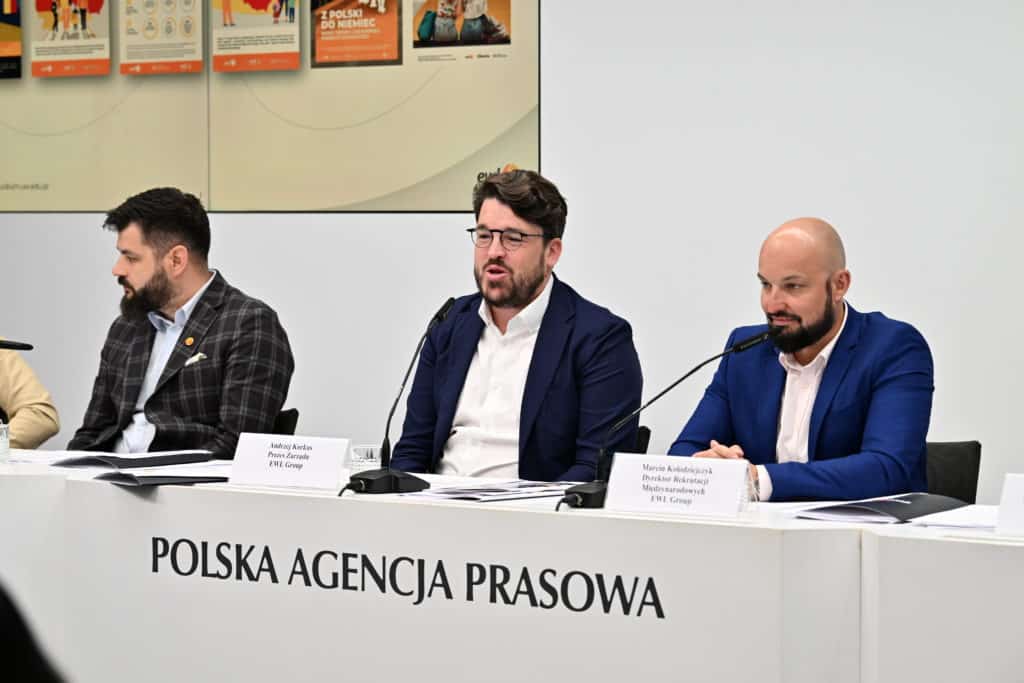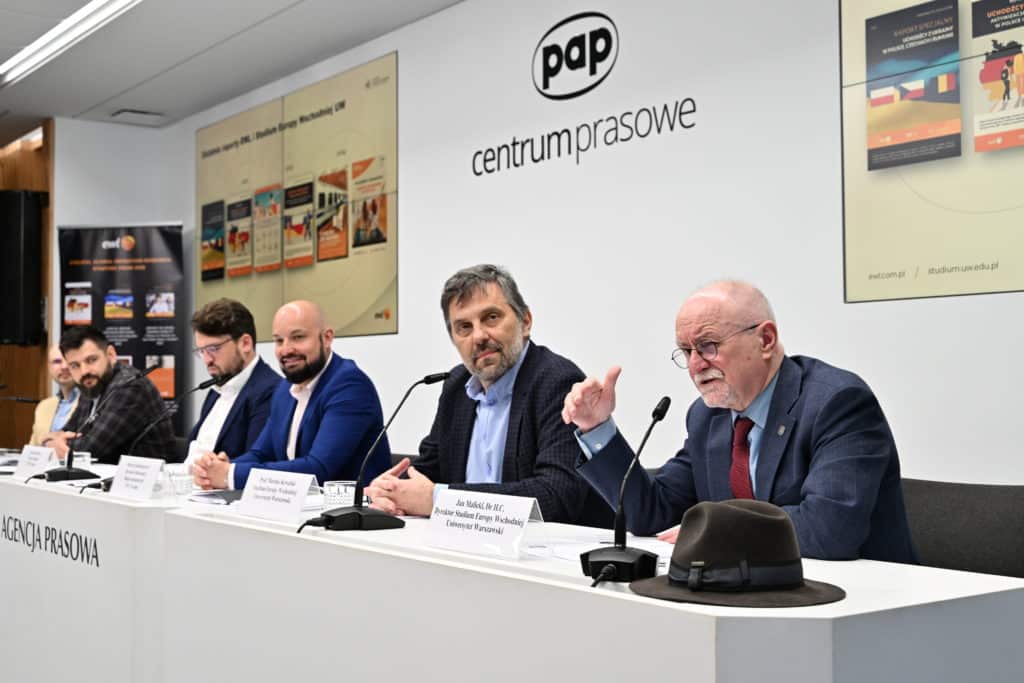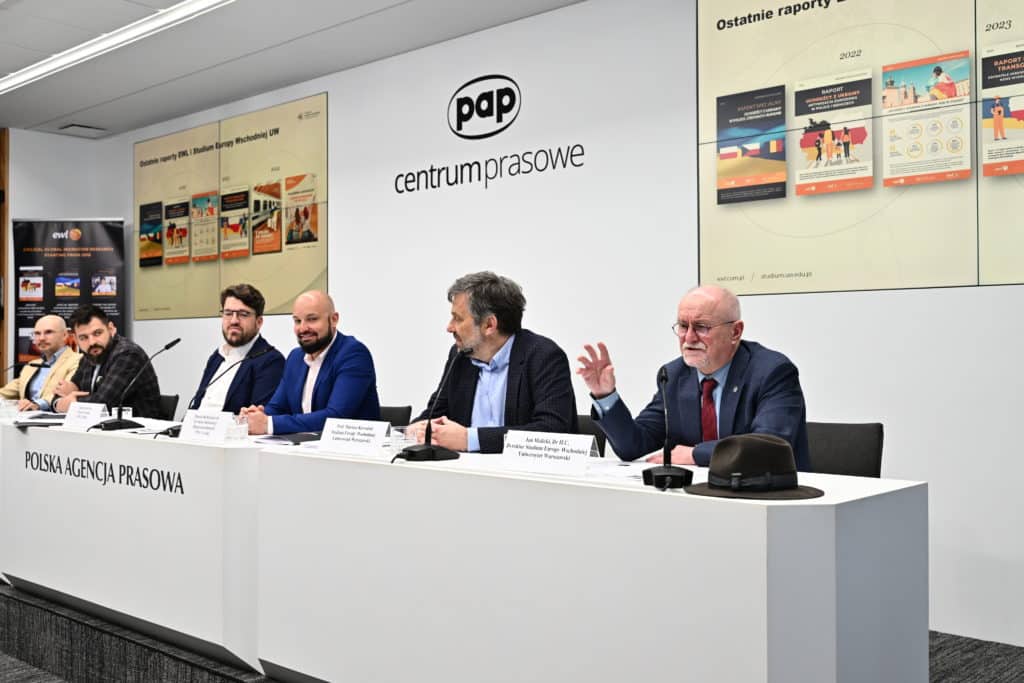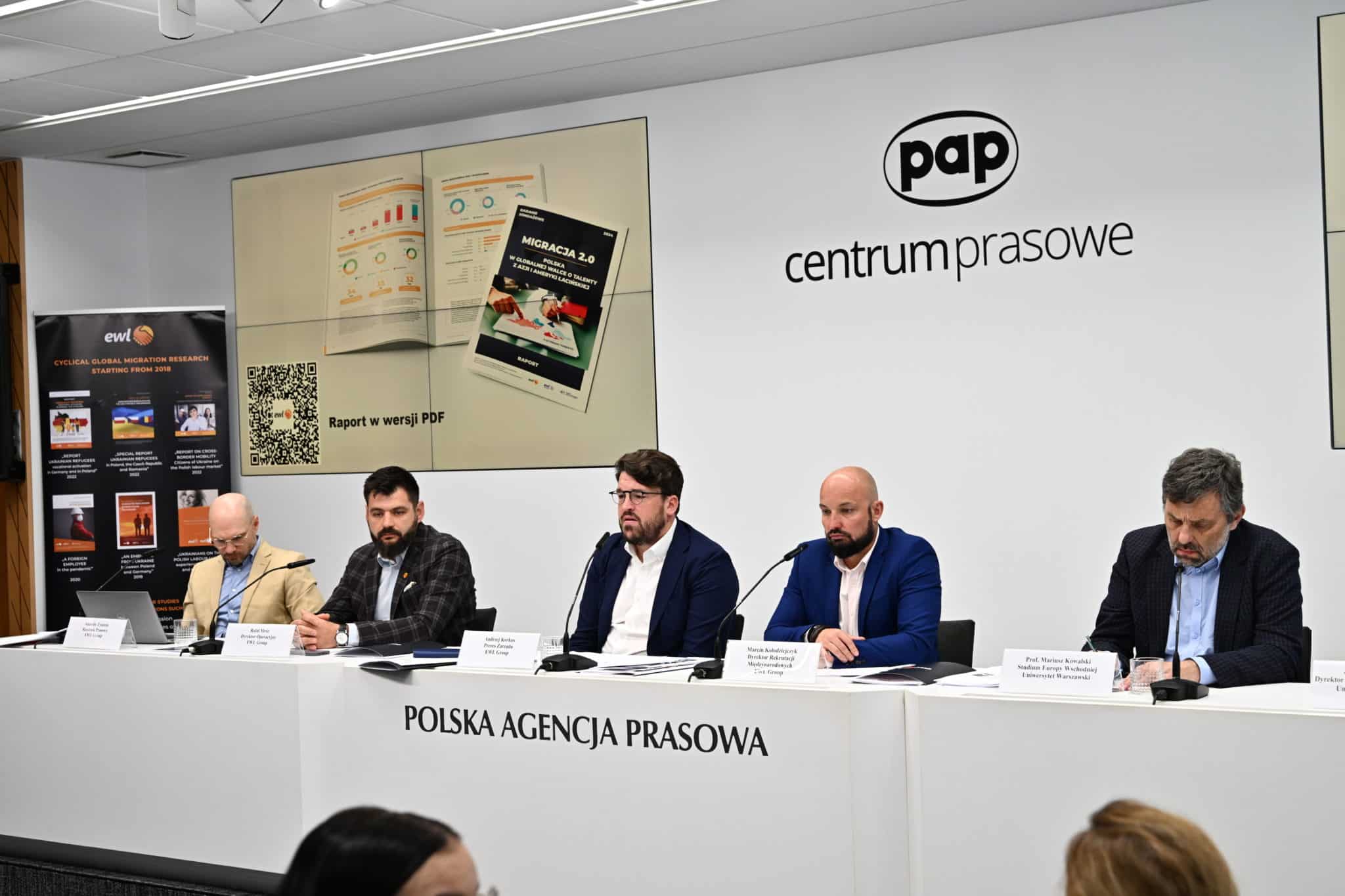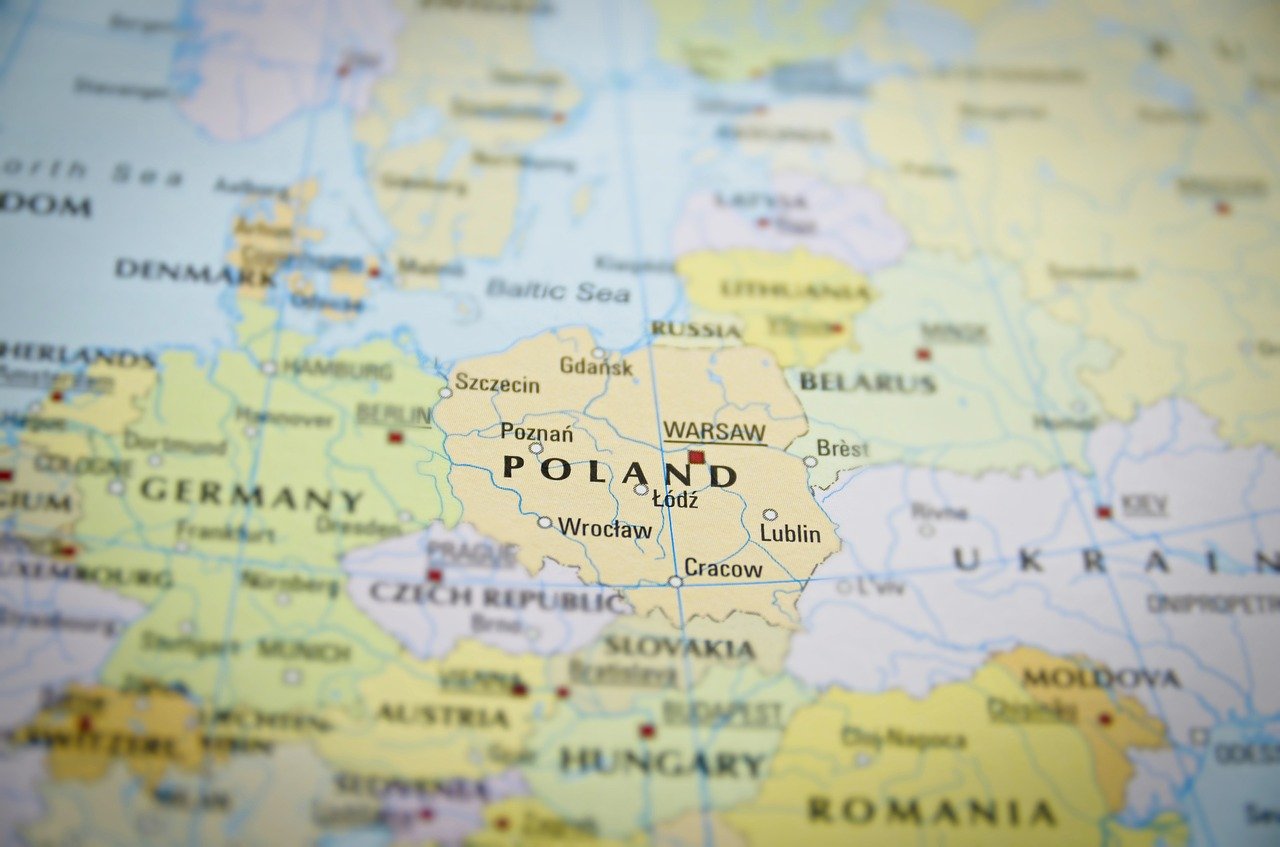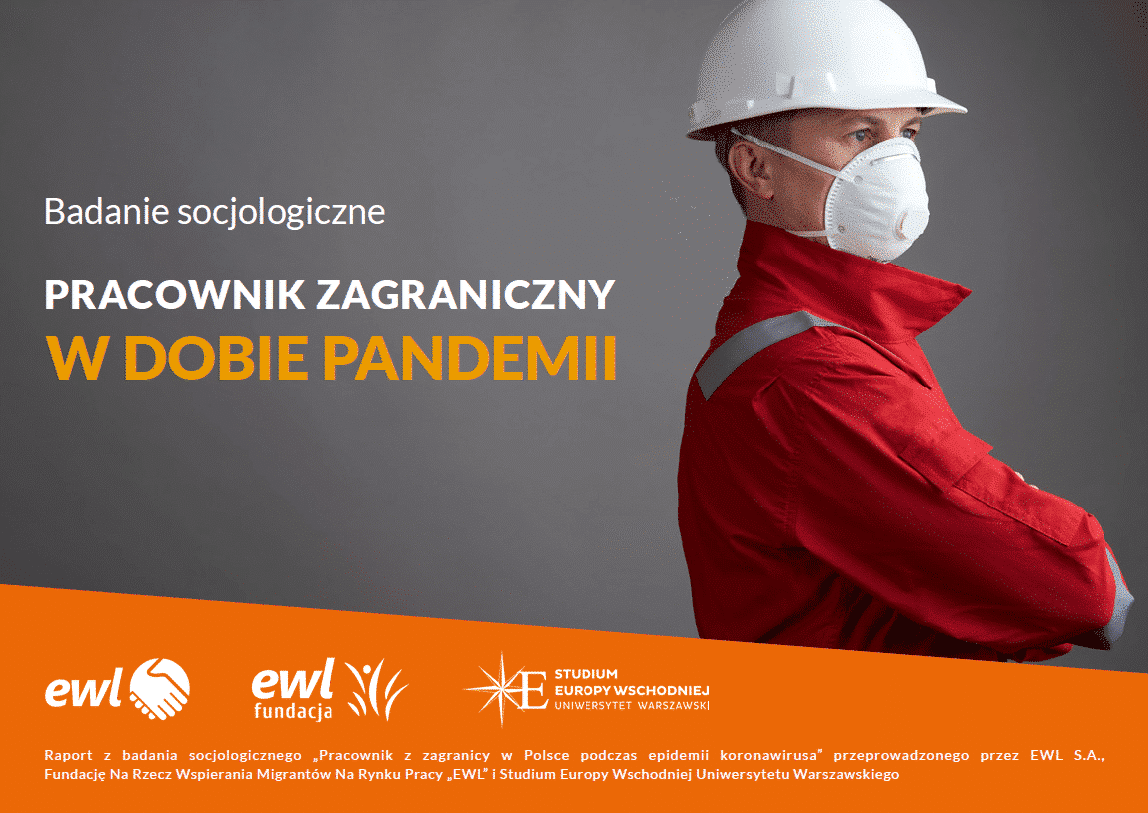On Monday, 13 May, Polska Agencja Prasowa in Warsaw hosted the presentation of the results of the first report in Poland on the situation of non-European workers, ‘Migration 2.0. Poland in the Global Fight for Talent from Asia and Latin America’, conducted by the EWL Group and the Centre for East European Studies at the University of Warsaw.
The report states that the last five years have seen a fivefold increase in work permits issued in Poland for foreigners from Asian and Latin American countries. Immigrants from these regions, despite language barriers and the lengthy employment process, are showing great willingness to work in Poland, are satisfied with their employment and are planning to stay in the country for longer. Among the challenges, the respondents most often mention the language barrier and the long employment process.
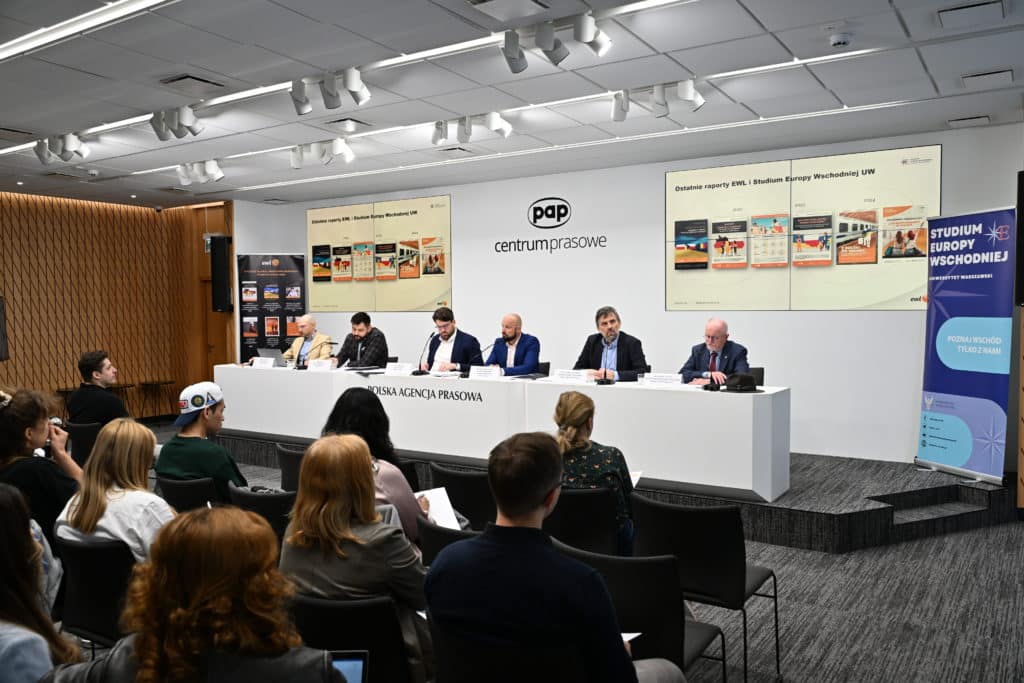
‘In the face of low unemployment and record levels of employment, as well as the declining dynamics of the arrival of economic migrants from Ukraine and the outflow of Ukrainian citizens to the West, Poland is faced with the need to look for hands to work from new destinations. The alternative is the risk of losing the competitive edge to other countries that are also looking for workers. The future of the Polish economy and maintaining its potential for development are at stake.’
– stressed Andrzej Korkus, the CEO of the EWL Group during the presentation of the results.
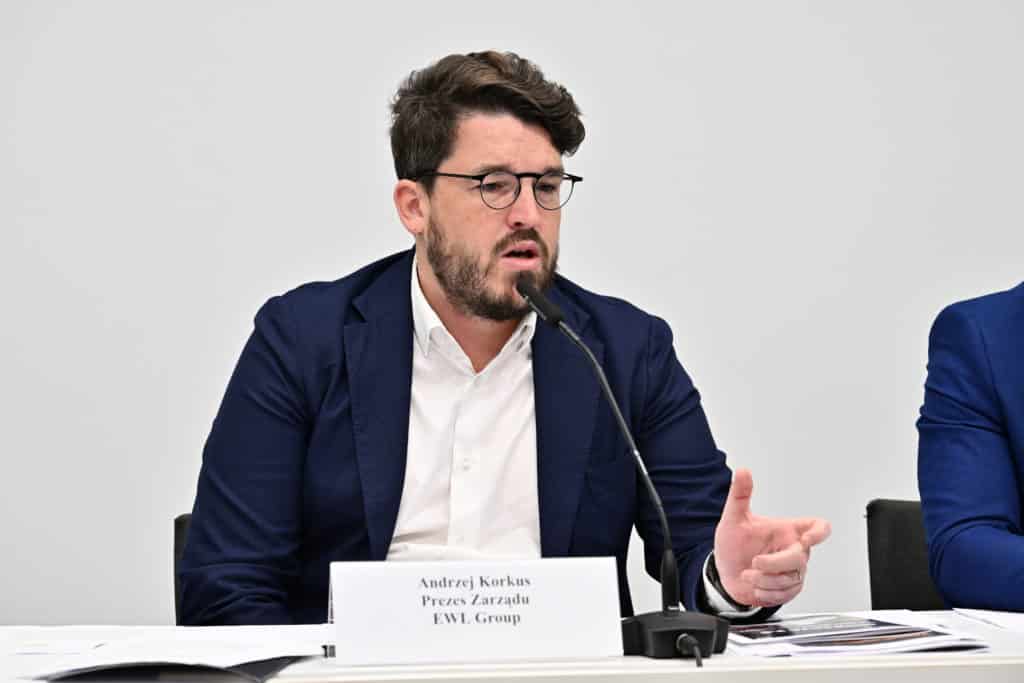
The study shows that work is the main integration factor for Asian and Latin American nationals in Poland. Employment plays a key role among newly arrived immigrants, as it not only provides security and financial stability, but also creates opportunities for daily interactions with Poles, which fosters a better understanding of local customs and language acquisition. The above, combined with other factors such as support from co-workers and employers, can significantly influence the sense of belonging and acceptance in a new country. However, it is worth noting that almost one in ten respondents still does not feel integrated, which may indicate cultural, linguistic or social barriers that may hinder this process.
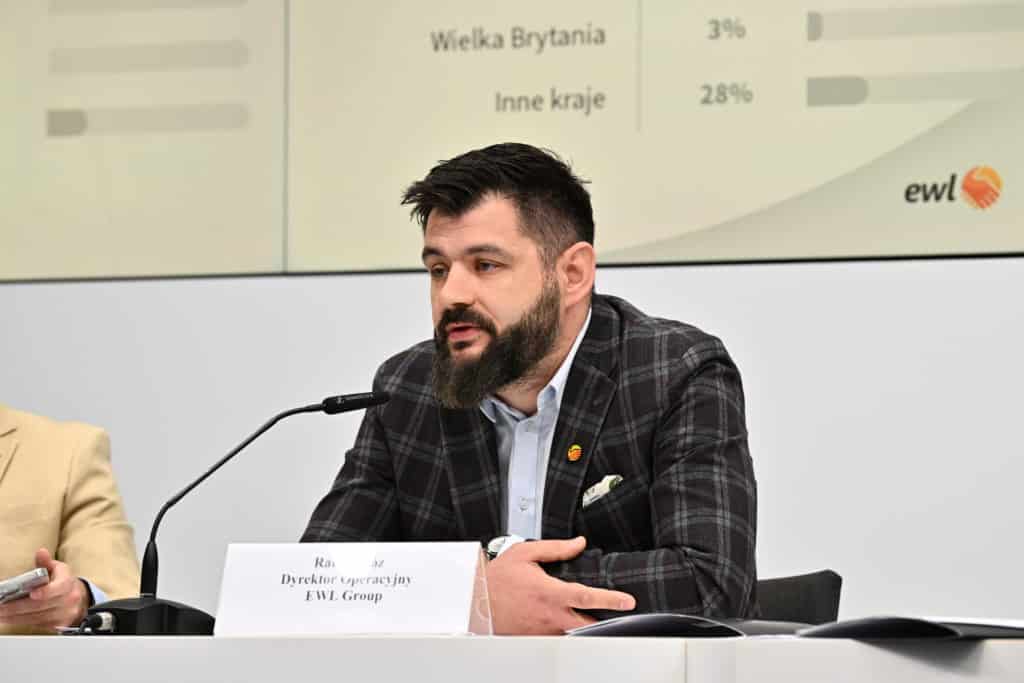
‘The employers we work with emphasise that Latin American-Colombian employees are showing the greatest willingness to integrate in Poland: they are keen to take an interest in the life of the community where they live, go to church services and cultural events. In contrast, workers from Asia, primarily Indonesia and the Philippines, speak better English, allowing them to acclimatise more quickly to their new environment,’ added Rafał Mróz, EWL Group’s Operations Director.
– added Rafał Mróz, EWL Group’s Operations Director.
The authors of the study found that almost half of the Asian and Latin American immigrants (47%) expressed a desire to stay in Poland for more than two years, which also signals their willingness to stay in the Polish labour market for the long term.
‘Non-European workers declare that they intend to work for an average of two years in their current place of employment. The main reasons that might prompt them to leave early include a more attractive job offer primarily in Poland (56%). In comparison, a better job offer in another country was chosen twice fewer respondents (26%). This confirms the fact that most non-European immigrants perceive Poland as the main destination for economic emigration.’
said Marcin Kołodziejczyk, International Recruitment Director of the EWL Group.
According to the survey, one of the main problems related to the stay and employment of non-European workers in Poland is the language barrier. Half of the respondents (52%) declare that they are able to communicate in the workplace in Polish and 43% are actively trying to learn the language, but the language barrier remains the main challenge and concern for almost half (46%) of the economic migrants from Asia and Latin America.
‘This fact points to the need of increasing the offer and availability of language courses, also by employers themselves. Consequently, the knowledge of the local language not only makes it easier for immigrants to function on a day-to-day basis, but also fosters a greater attachment to the country of residence, which may lead to long-term decisions to stay in Poland,’
comments prof. Mariusz Kowalski from the Centre for East European Studies at the University of Warsaw.
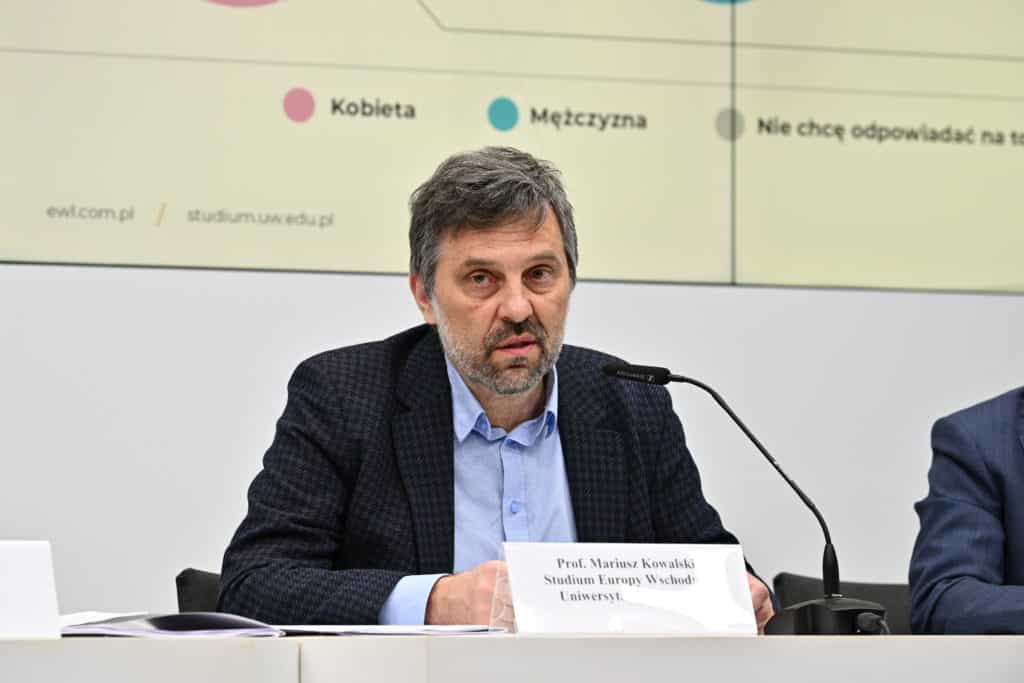
The survey ‘Migration 2.0. Poland in the Global Fight for Talent from Asia and Latin America’ was conducted between 25 March – 8 April 2024 by the EWL Group and the Centre for East European Studies at the University of Warsaw on a sample of 450 foreigners form Asia and Latin America who are staying in Poland.
